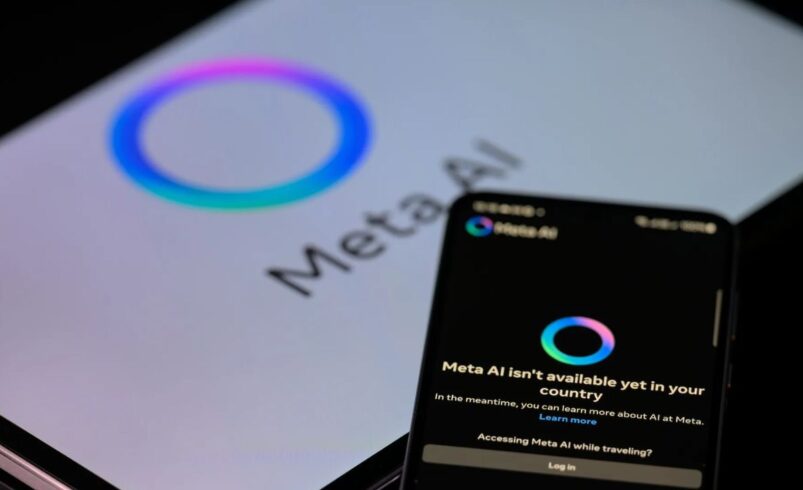The Billion-Dollar Bet on Generative AI
Meta, the parent company of Facebook and Instagram, has made a bold projection — its generative AI products could generate between $2 billion to $3 billion in revenue by 2025, and an eye-popping $460 billion to $1.4 trillion by 2035. These numbers, disclosed through recently unsealed court documents, underline the tech giant’s confidence in its AI roadmap. While Meta hasn’t fully defined what constitutes a “generative AI product,” it already monetizes various AI offerings including the Llama family of models, AI customization APIs, and potentially its Meta AI assistant, which may soon feature ads and premium subscriptions. These forecasts reflect not just business optimism but an aggressive pivot toward becoming a global AI leader.
Massive Investment, Massive Controversy
According to the same court documents, Meta allocated over $900 million to GenAI initiatives in 2024, with the budget expected to surpass $1 billion in 2025. This doesn’t include the projected $60–$80 billion in capital expenditures Meta will spend largely on data centers to support these efforts. However, the aggressive expansion hasn’t come without controversy. A group of authors has filed a lawsuit against Meta, alleging unauthorized use of their books to train AI models like Llama. Internal discussions from 2023 revealed that Meta considered spending $200 million to license training data, including $100 million on books, but allegedly chose cheaper — and possibly illegal — routes.
Meta’s Business Model: Open AI, Ads, and Subscriptions
Meta’s current approach includes open-sourcing its Llama models, which are widely used and fine-tuned by companies worldwide. The company benefits from revenue-sharing arrangements with third parties hosting or building on top of these models. Meanwhile, Meta AI, the company’s digital assistant, is integrated across its platforms and may soon become a monetization engine through ads and tiered subscriptions. CEO Mark Zuckerberg has publicly stated these features are on the roadmap, and they could help Meta differentiate itself in the crowded AI space dominated by OpenAI, Google, and Anthropic.
Legal Battle: Fair Use vs Copyright Violation
The lawsuit filed by authors accuses Meta of “pirating” books to train its AI models, sidestepping copyright law. Meta defends itself under the doctrine of fair use, arguing that the development of transformative AI models justifies the use of publicly available texts. The outcome of this legal battle could set a major precedent not only for Meta but for the entire AI industry. It brings to the forefront critical questions around ethics, consent, and compensation in AI training — especially when models are built using human-created intellectual property.
What the Future Holds for Meta and AI Innovation
As Meta prepares to scale its AI operations, the stakes have never been higher. With a long-term forecast of trillions in revenue, the company is betting big on open innovation, monetization, and infrastructure expansion. But balancing that growth with ethical data sourcing and legal compliance will be crucial. The court’s decision in the copyright case, as well as Meta’s ability to build trust with developers, creators, and users, will shape how successful it can truly be in the generative AI space. For now, Meta is not just playing the AI game — it’s aiming to dominate it.
Get the latest in business, markets, startups, and policy—visit businessnewsindia.in for in-depth updates and follow us on Instagram @businessnewsindia.in for daily bites of what matters most.
Source – Tech Crunch









